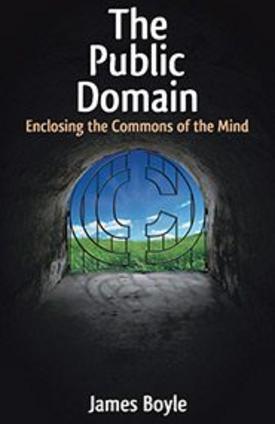Here is another interesting book available for download under a Creative Commons BY NC SA license. Its Transforming Global Information and Communication Markets: The Political Economy of Innovation by Peter F. Cowhey and Jonathan D. Aronson. Download it, buy it and check out the blog for extra material.

Innovation in information and communication technology (ICT) fuels the growth of the global economy. How ICT markets evolve depends on politics and policy, and since the 1950s periodic overhauls of ICT policy have transformed competition and innovation. For example, in the 1980s and the 1990s a revolution in communication policy (the introduction of sweeping competition) also transformed the information market. Today, the diffusion of Internet, wireless, and broadband technology, growing modularity in the design of technologies, distributed computing infrastructures, and rapidly changing business models signal another shift. This pathbreaking examination of ICT from a political economy perspective argues that continued rapid innovation and economic growth require new approaches in global governance that will reconcile diverse interests and enable competition to flourish.
The authors (two of whom were architects of international ICT policy reforms in the 1990s) discuss this crucial turning point in both theoretical and practical terms, analyzing changes in ICT markets, examining three case studies, and considering principles and norms for future global policies.
 Just a note to say that I am giving a lecture March 10 at 6pm at London’s RSA on my new book,
Just a note to say that I am giving a lecture March 10 at 6pm at London’s RSA on my new book, 

